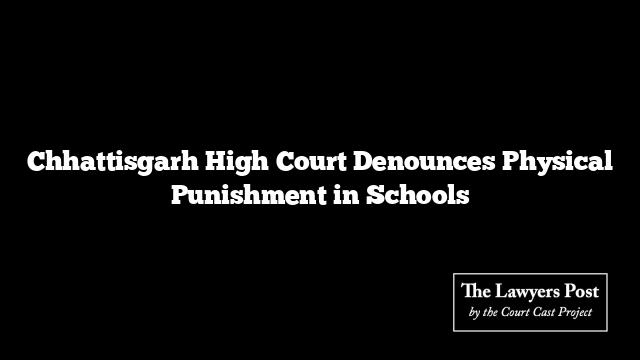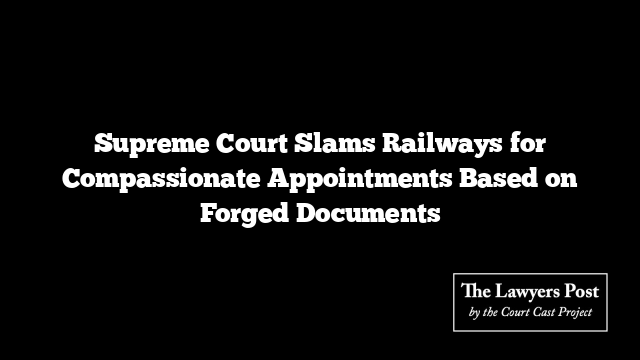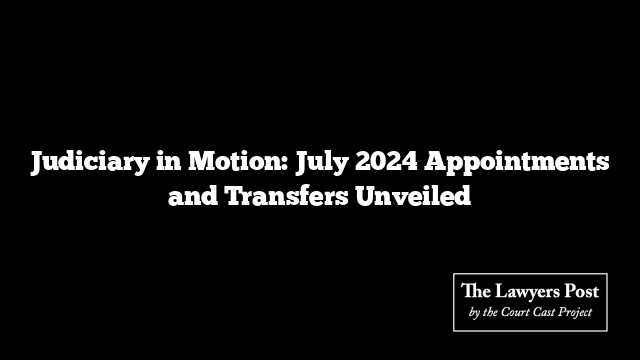The Chhattisgarh High Court recently ruled that inflicting physical violence on students under the guise of discipline is not only cruel but also unconstitutional. This statement came during deliberations over a criminal case against a convent school teacher implicated in a student’s suicide note.
A panel of Chief Justice Ramesh Sinha and Justice Ravindra Kumar Agrawal emphasized the inhumanity of corporal punishment, stating, “Being small does not make a child less human than a grown-up.” They further noted that such punishment violates the child’s dignity and cannot be deemed a part of education.
In their judgment, the Court highlighted, “Corporal punishment is not consistent with a child’s dignity. It is cruel to subject a child to physical violence in the name of discipline or education. Children, as precious national resources, should be nurtured with tenderness and care, not cruelty. Subjecting them to corporal punishment causes incalculable harm to their body and mind.”
The Court held that corporal punishment infringes on Article 21 of the Constitution, which guarantees the right to life and dignity. The judgment elaborated, “The right to life encompasses all aspects that make life meaningful and dignified. It goes beyond mere survival.”
This case involved a petition to dismiss a suicide abetment charge against a nun and teacher from a convent school in Surguja district. The sixth-grade student who died by suicide had named her in a note, following an incident where she allegedly admonished the student and confiscated their student IDs for skipping class.
While the nun’s defense argued that the disciplinary action was routine and the note did not clarify the reasons for naming her, the State presented evidence from student witnesses suggesting that her harsh conduct led to significant mental trauma.
The Court declared it could not determine the veracity of the allegations at this stage, as it falls beyond the scope of its current powers under Section 528 of the Bharatiya Naragrik Surakhsha Sanhita (BNSS). The plea to quash the case was thus dismissed, with the Court stating that further evidence would be required to substantiate the defense’s claims.





